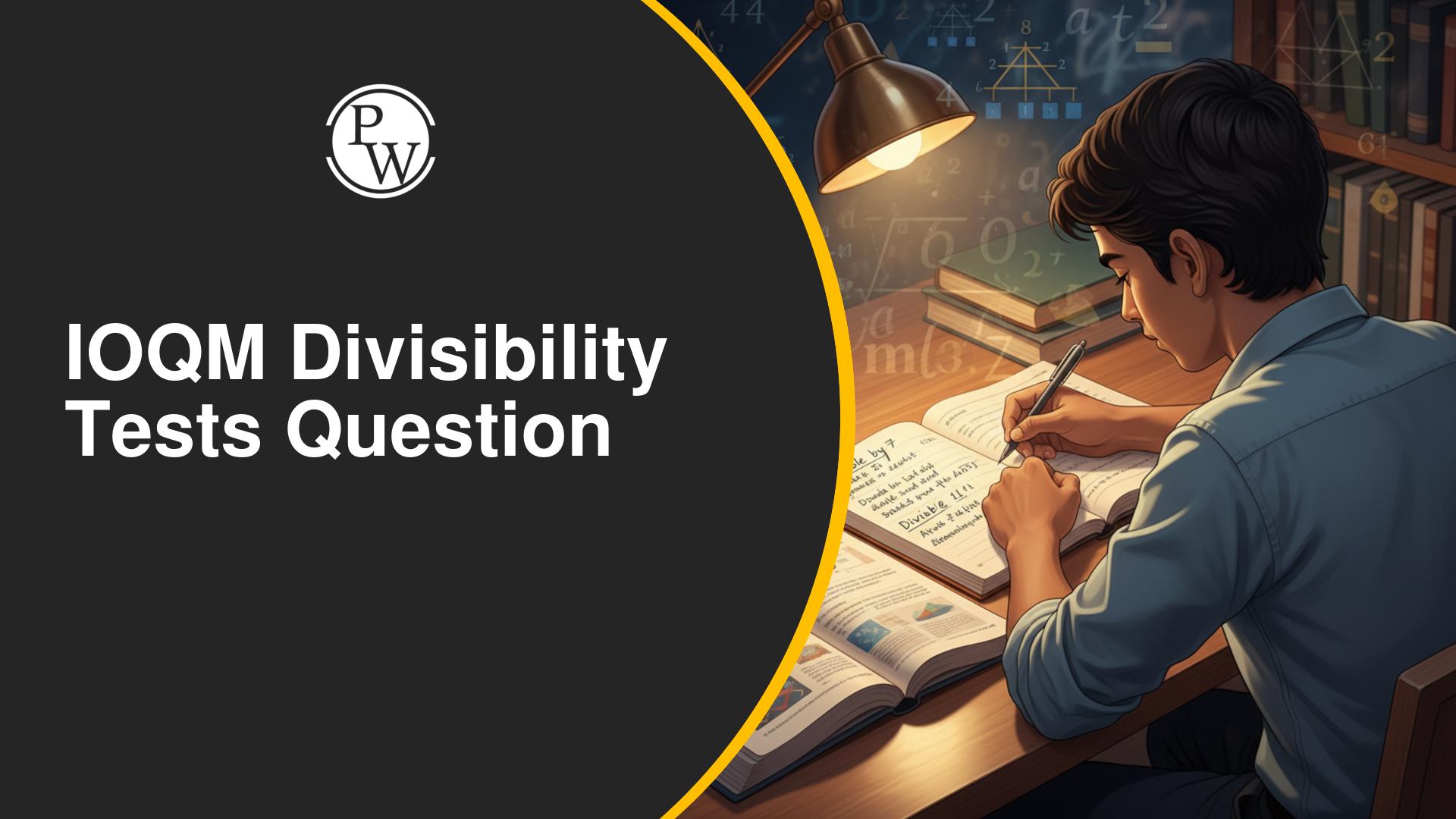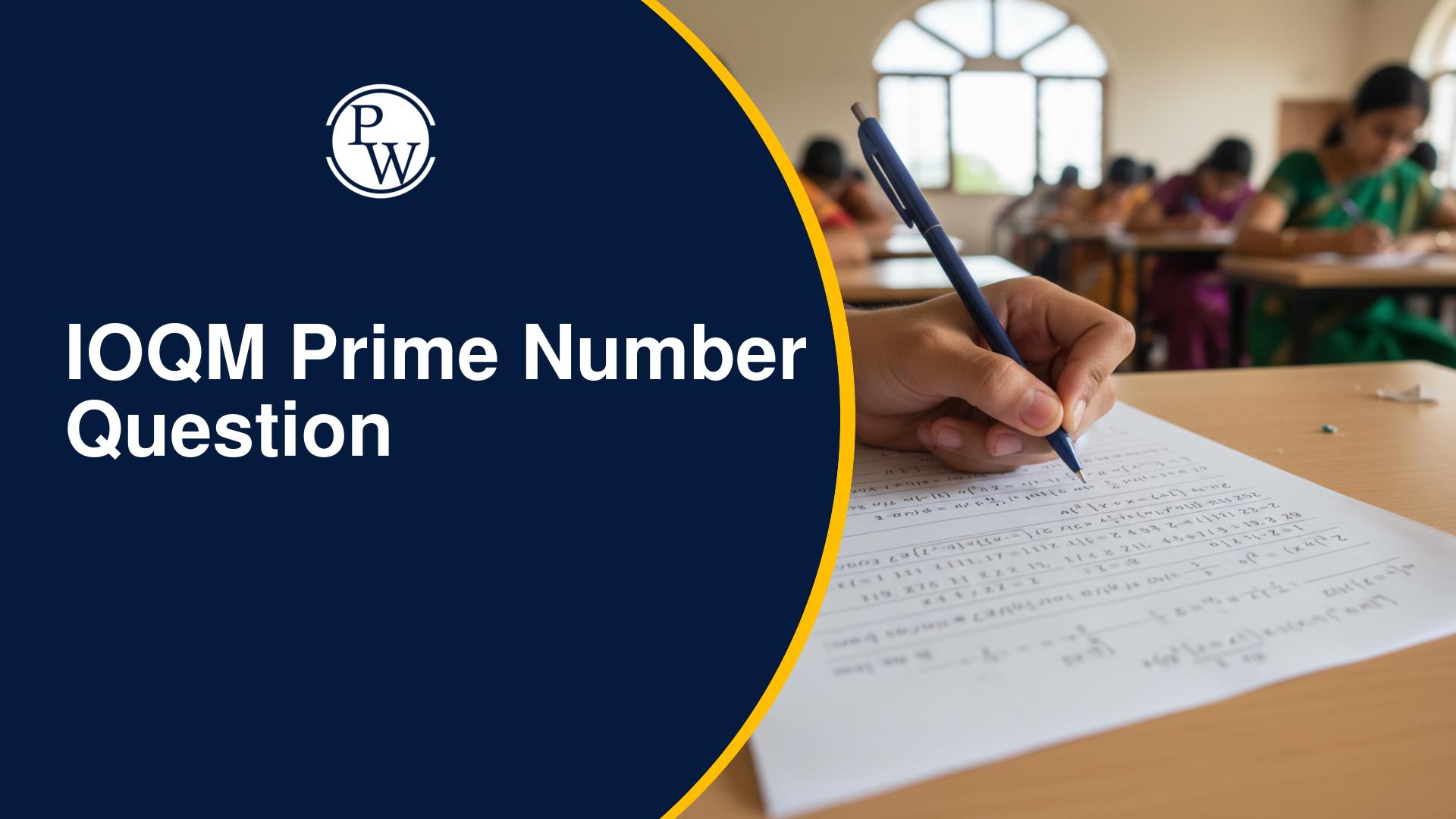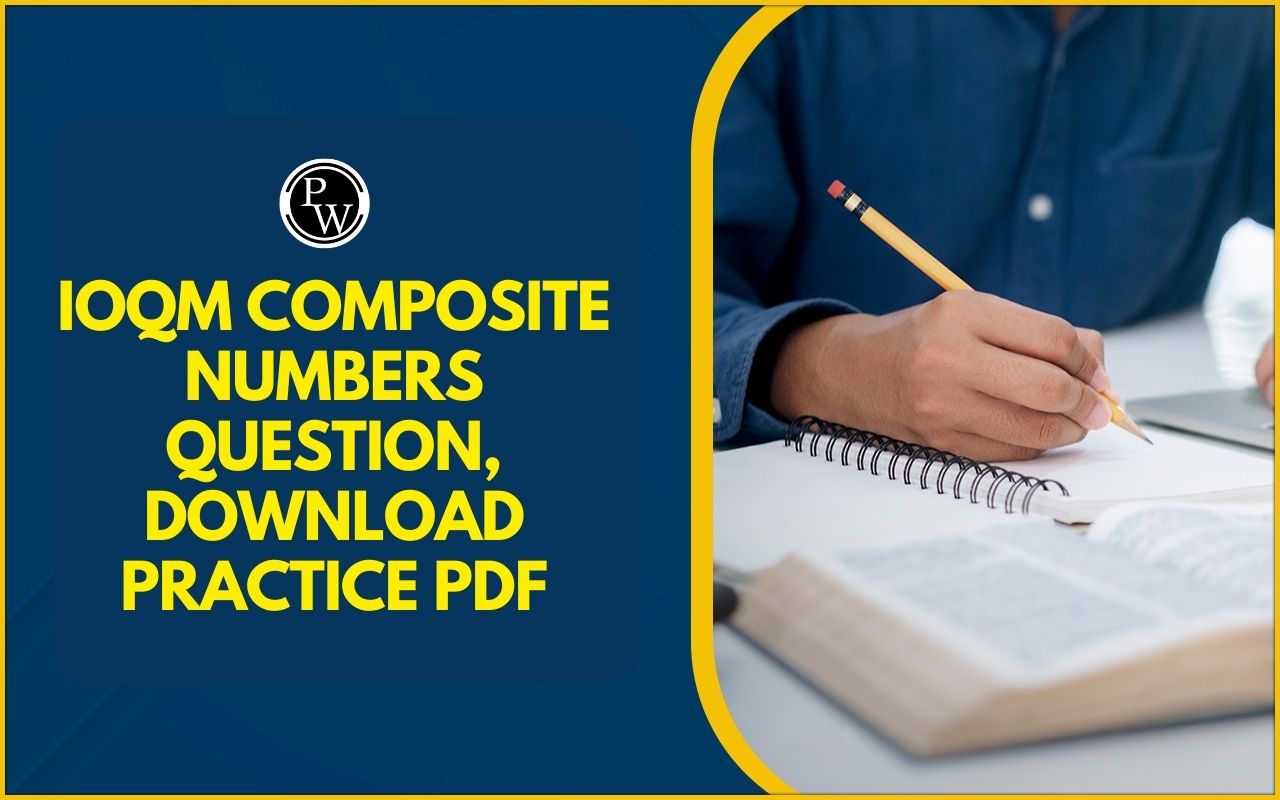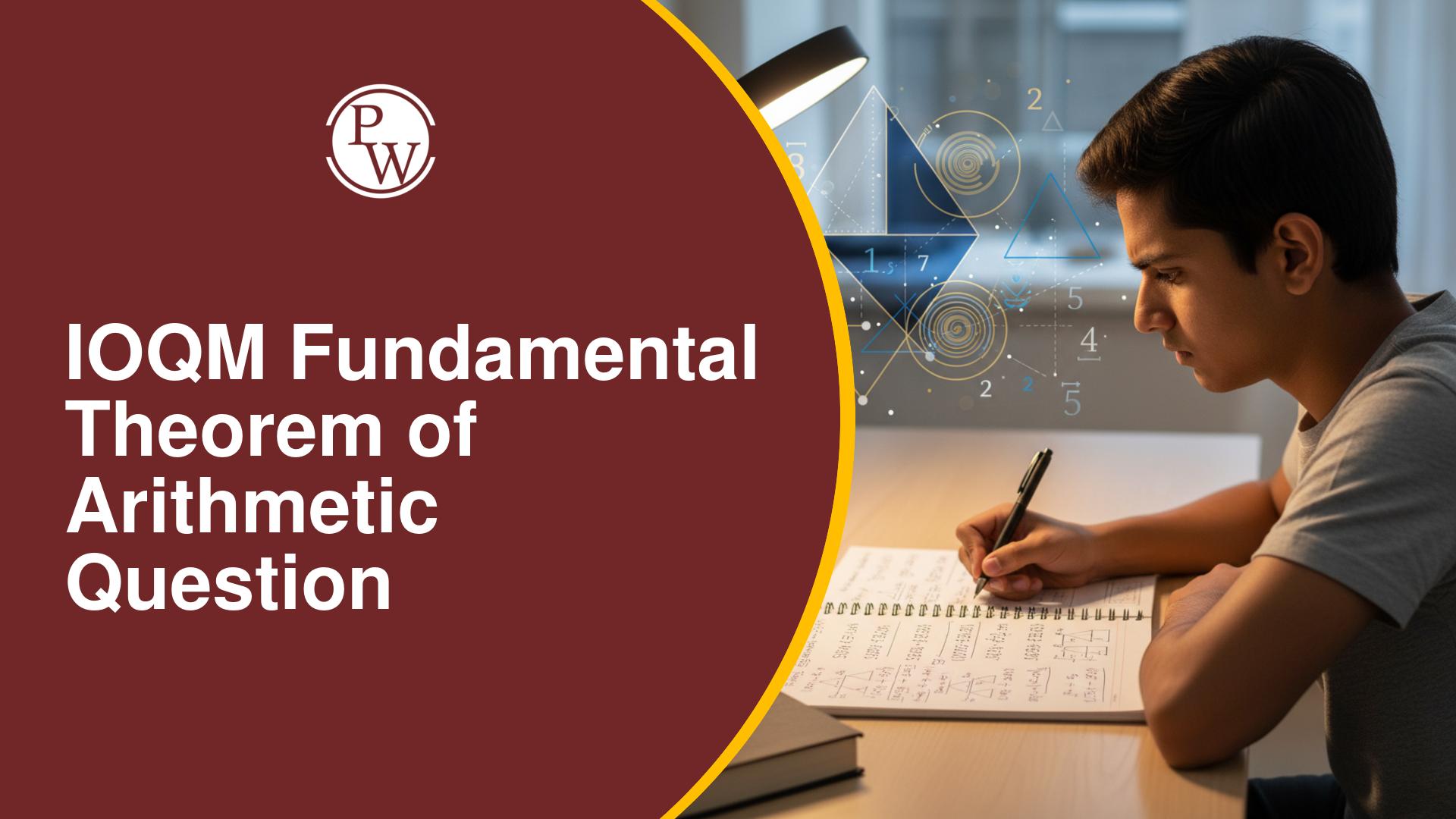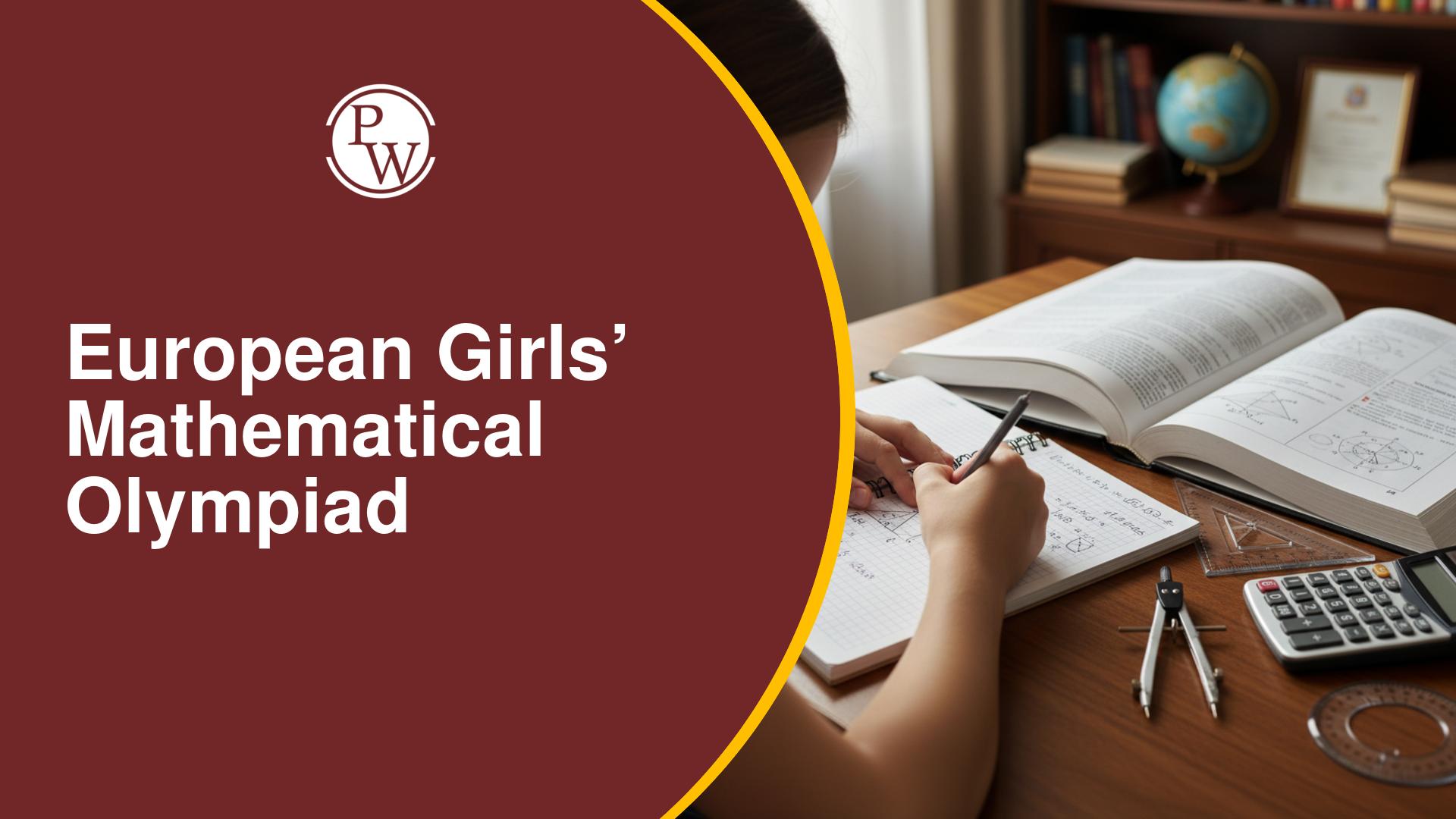
Introduction
Olympiads are competitive examinations conducted to recognize and assess exceptional talent among students from classes 1 to 12.
These exams cover various subjects, including Mathematics, Science, English, etc, and are conducted at regional, national and international levels.
Olympiads help students discover their interests and strengths in specific subjects, guiding them towards potential career paths in fields related to mathematics, science, or technology.
Participation in Maths and Science Olympiads is considered important for several reasons, which contribute significantly to students' academic and personal development.
Math Olympiads mainly concentrate on problem-solving, mathematical reasoning,and logical abilities, while Science Olympiads assess skills and knowledge in various scientific disciplines like physics, chemistry, and biology.
Difference Between Maths and Science Olympiad
The Maths Olympiad and Science Olympiad are both prestigious competitions that enhance students' skills in their respective fields, but they differ significantly in focus, significance, format, and subject matter.
In the below table you can find the Difference between Maths and Science Olympiad.
|
Difference Between Maths and Science Olympiad |
|
|
Maths Olympiad |
Science Olympiad |
|
Focus: It primarily focus on concepts of mathematics, including topics such as algebra, geometry, number theory, and combinatorics. |
Focus: A broader range of scientific disciplines are covered under Science Olympiad, including Biology, Chemistry, Physics, Earth Science, and sometimes engineering. |
|
Format: Maths Olympiad consists of individual problem-solving contests, where students solve challenging mathematical problems within a set time limit.
|
Format: Science Olympiad includes a combination of written exams, hands-on experiments, and team-based challenges. Some events may focus on specific topics or projects.
|
|
Levels: Ranges from regional, national and international competitions to international contests, like the International Mathematical Olympiad (IMO).
|
Levels: Also includes regional, national, and international competitions, such as the International Science Olympiad (ISO).
|
|
Participants: Generally includes students from primary to secondary school levels.
|
Participants: Generally includes students from primary to secondary school levels.
|
Maths and Science Olympiad - Subject Matter
Mathematics Olympiad: This competition specifically targets mathematical problem-solving skills. It includes a wide range of topics such as algebra, geometry, number theory, and combinatorics. The problems are designed to challenge students' creativity and analytical thinking rather than just their knowledge of school-level mathematics.
The International Mathematical Olympiad (IMO), for example, is known for its high difficulty level and requires participants to solve complex problems within a limited time frame.
Science Olympiad: The Science Olympiad encompasses multiple scientific subjects including Chemistry, Physics, Biology, Astronomy, and Junior Science.
It evaluates students' ability to apply scientific principles, analytical skills and conceptual knowledge through various stages of competition.
The National Science Olympiad typically involves practical experiments and observational skills alongside theoretical knowledge.
Maths and Science Olympiad - Structure
The Difference between Maths and Science Olympiads widely depending on the specific competition, but generally includes multiple stages and formats designed to challenge students' problem-solving abilities and knowledge in these subjects.
Mathematics Olympiad: It usually consists of fewer stages, with the IMO comprising two days of contests where contestants address six difficult problems from different mathematical fields. Every problem is crafted to evaluate creativity and comprehension depth.
Science Olympiad: Typically consists of several phases (often five), starting with preliminary rounds that progress to national and international competitions. This multi-phase strategy facilitates a wider assessment of students' understanding in various scientific domains.
Maths and Science Olympiad - Eligibility
Maths Olympiad: Eligibility requirements vary depending on the type of Olympiad Examination. The International Mathematics Olympiad (IMO) is open to students from classes 1 to 12 who are enrolled in recognized schools.
Science Olympiad: Students from classes 1 to 12 studying in any recognized school, such as CBSE, ICSE, or state boards are eligible for National Science Olympiads.
The Science Olympiad typically targets students in higher classes (generally from class 8 onwards) for advanced stages of selection like the National Standard Examinations (NSE).
Maths and Science Olympiad - Stages
Maths Olympiad Stages
Below we have provided the details of the International Mathematical Olympiad
-
IOQM: The Indian Olympiad Qualifier in Mathematics is the first stage for Indian students interested in competing in the International Mathematical Olympiad (IMO). The IOQM exam is three hours in length and consists of 30 questions.
-
RMO: Students who pass the IOQM advance to the Regional Mathematical Olympiad (RMO).
-
INMO: The Indian National Mathematical Olympiad (INMO) is the next stage after the RMO. This stage selects the best students for advanced training.
-
IMOTC: Students who excel in the INMO are invited to the International Mathematical Olympiad Training Camp (IMOTC)
-
Pre-Departure Camp (PDC): The selected team undergoes an intensive 8-10 day training at HBCSE before departing for the IMO.
-
International Mathematical Olympiad (IMO): A two-day competition with six problems, each worth up to 7 points. The selected team of six students represents India at the IMO, accompanied by four teachers or mentors.
Science Olympiad Stages
The Science Olympiad follows a structured five-stage process:
-
National Standard Examinations (NSE): Conducted in schools across India, this stage serves as a preliminary screening.
-
Indian National Olympiad (INO): Top candidates from the NSE are invited to participate in this national examination.
-
Orientation-cum-Selection Camps (OCSC): Shortlisted students receive training and are evaluated through theoretical and practical tests. A few are selected for further stages.
-
Pre-departure Training Camp (PDT): Final preparations for those selected to represent India at international competitions.
-
Participation in International Olympiad (IO): The final stage where selected students compete globally in their respective fields.
Maths and Science Olympiad - Syllabus
Maths Olympiad: The Maths Olympiad Syllabus is not strictly defined and does not include university-level topics. Instead, it emphasizes secondary school mathematics concepts that require ingenuity to solve.
Science Olympiad: The Science Olympiad Syllabus is based on the curriculum for respective grades (e.g., Class 10 to Class 12) and includes practical applications of scientific concepts. Questions are designed to be more challenging than standard school exams
Maths and Science Olympiad Benefits
Both Math and Science Olympiads provide substantial advantages that aid in the intellectual advancement and growth of students.
Maths Olympiad concentrate on improving mathematical reasoning, and problem-solving skills, and promoting a passion for mathematics, while Science Olympiads highlight scientific exploration, practical abilities, and collaboration.
Participating in either competition can result in better academic results and create pathways to future educational possibilities.
Benefits of Math Olympiad
-
Enhanced Problem-Solving Skills: Math Olympiads challenge students with complex problems that require innovative thinking and deep reasoning, fostering critical thinking skills essential for various fields.
-
Deeper Understanding of Mathematical Concepts: Participants engage with advanced topics not typically covered in standard curricula, thereby strengthening their foundational knowledge and understanding of mathematics.
-
Preparation for Future Competitions: The skills developed through Math Olympiad preparation are directly applicable to competitive exams such as JEE and NEET, providing an edge in future academic pursuits.
-
Scholarship Opportunities: High achievers in Maths Olympiad often gain access to scholarships and prestigious educational opportunities, enhancing their academic profiles.
-
Cultivation of a Lifelong Interest in Mathematics: The engaging nature of Olympiad problems encourages a genuine interest in mathematics beyond the classroom, potentially leading to careers in fields like data science or engineering.
Benefits of Science Olympiad
-
Improved Conceptual Understanding: Science Olympiads focus on concept-based learning, allowing students to deepen their understanding of scientific principles through practical applications.
-
Development of Analytical Skills: The competitive nature of Science Olympiads encourages students to think analytically and approach problems from multiple perspectives, which is crucial for scientific inquiry.
-
Confidence Building: Exposure to competitive environments helps students develop confidence in their abilities, preparing them for future challenges in both academics and life.
-
Platform for Talent Showcase: Science Olympiads provide a significant platform for students to demonstrate their knowledge and skills, often resulting in recognition that can enhance their academic profiles.
-
Application-Oriented Learning: The focus on real-world applications helps students learn how to apply scientific concepts practically, which is invaluable in higher education and professional settings
Difference Between Maths and Science Olympiad FAQ
Q1. What is the Difference Between Maths and Science Olympiad?
Q2. What is the structure of Maths and Science Olympiad?
Q3. Who can appear for Science and Maths Olympiad?
Q4. Which is the easiest Olympiad?

